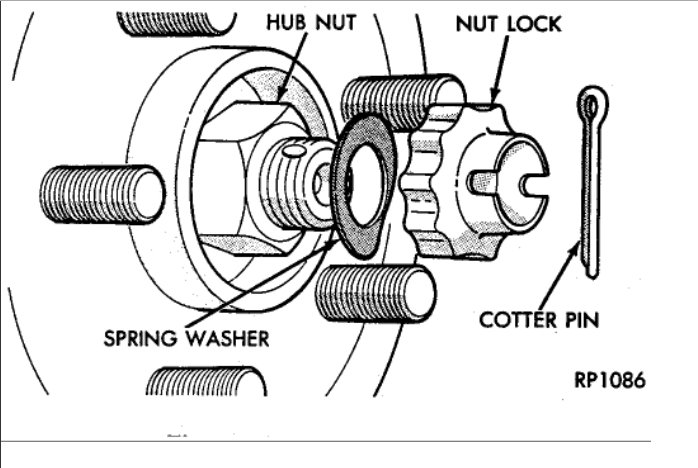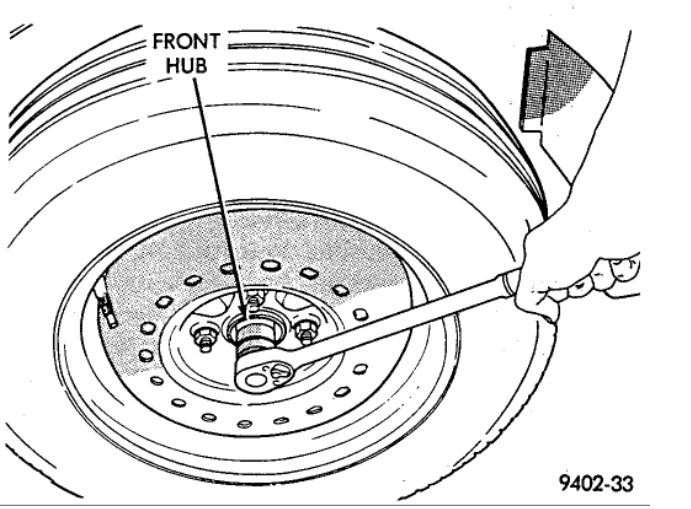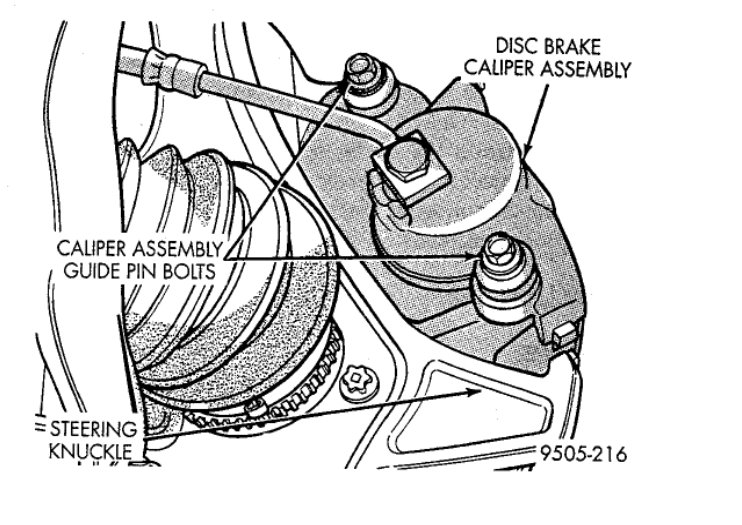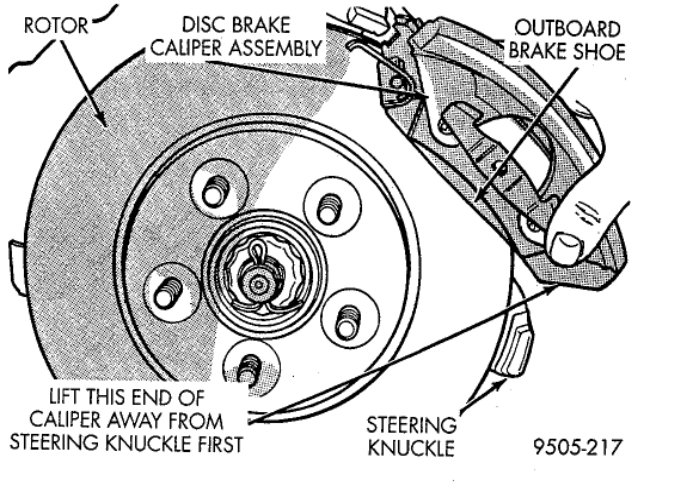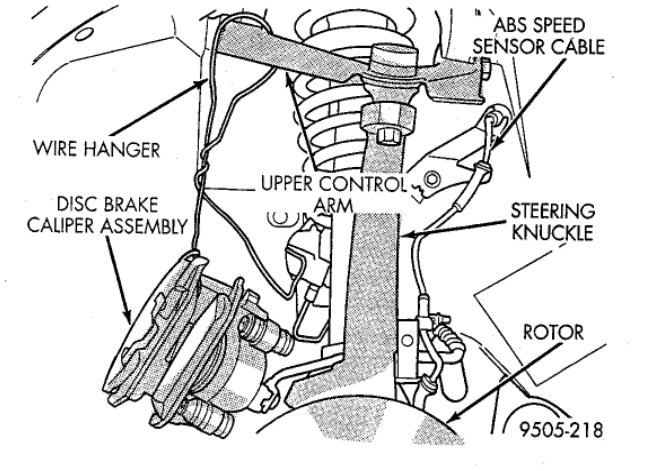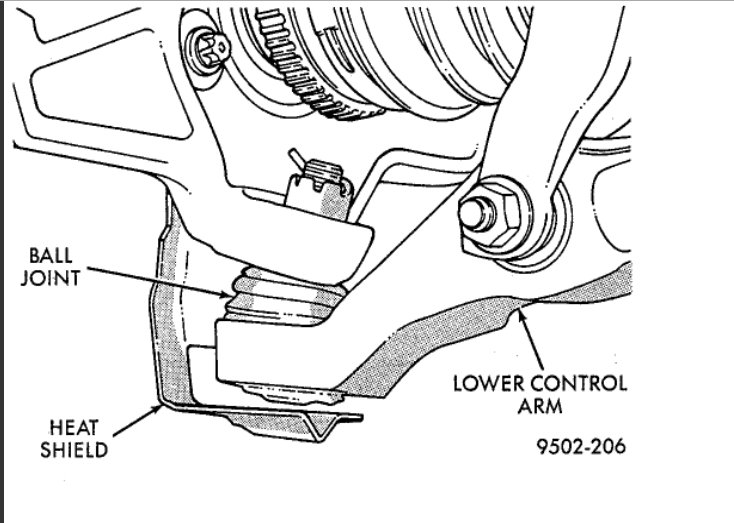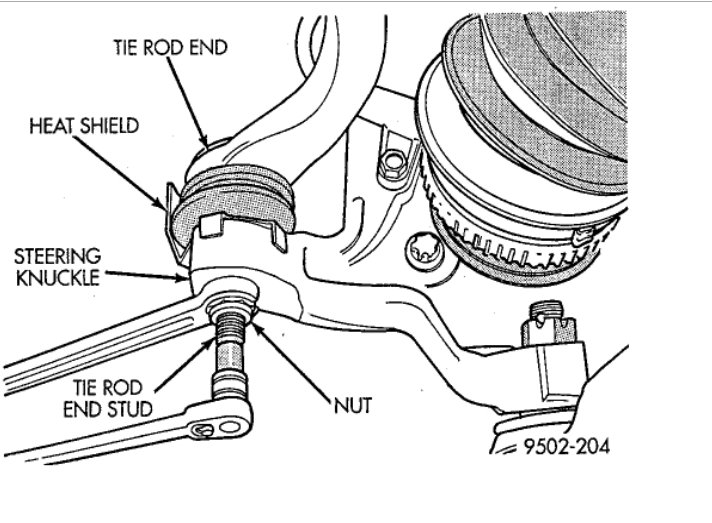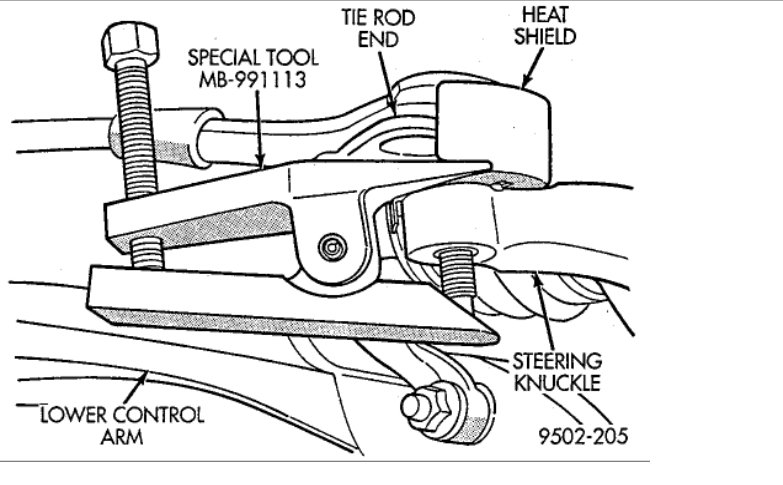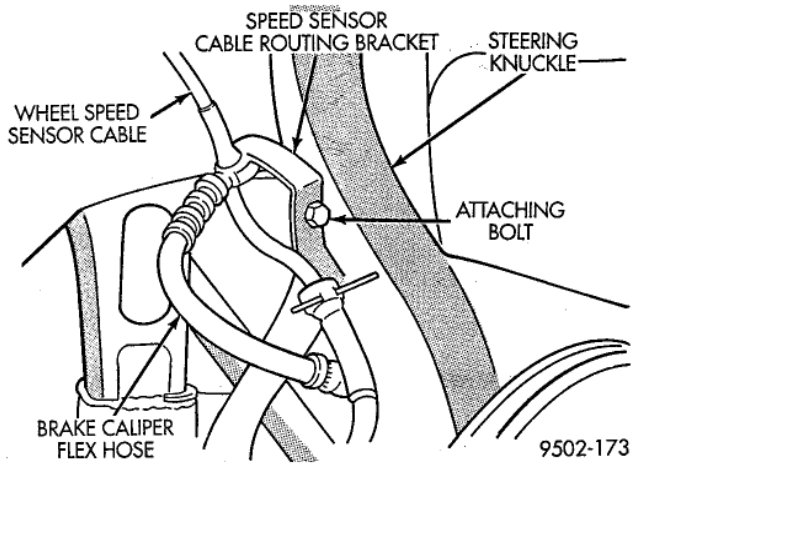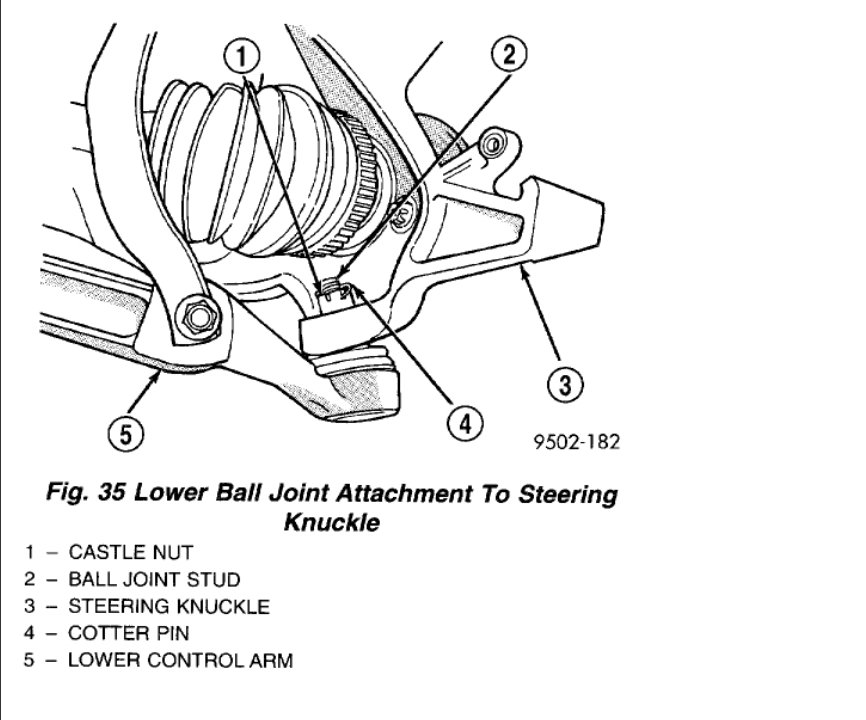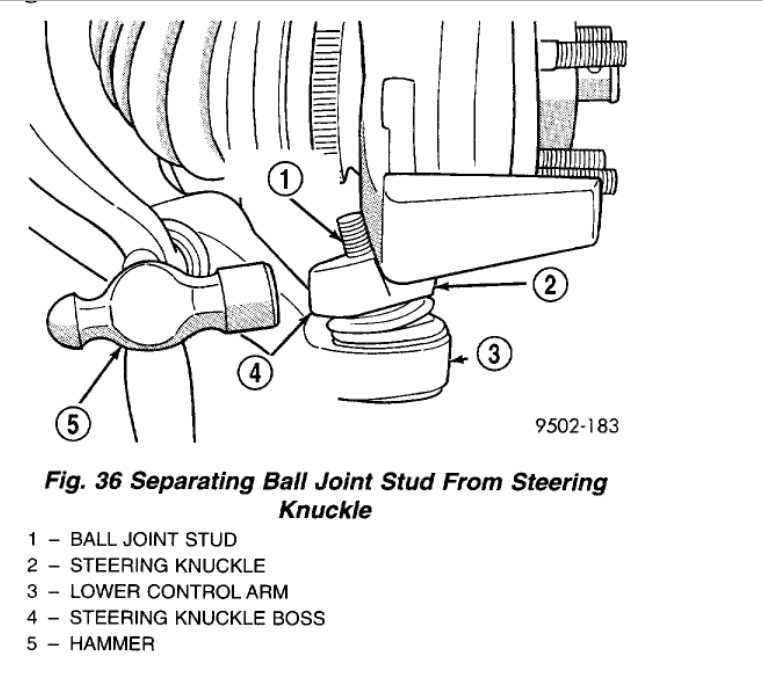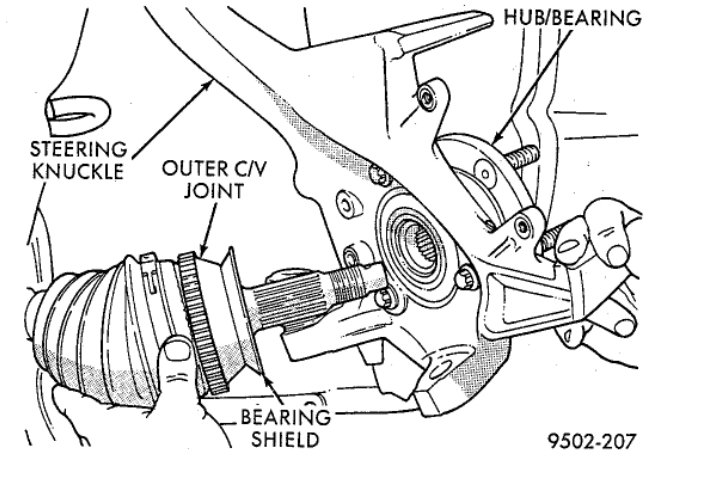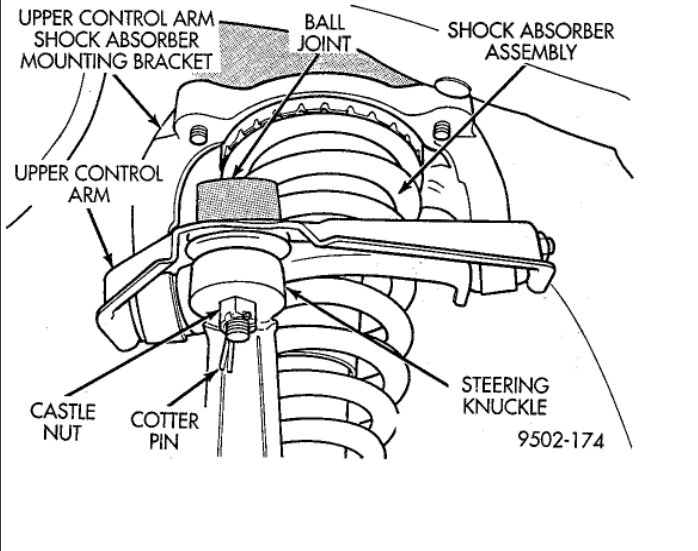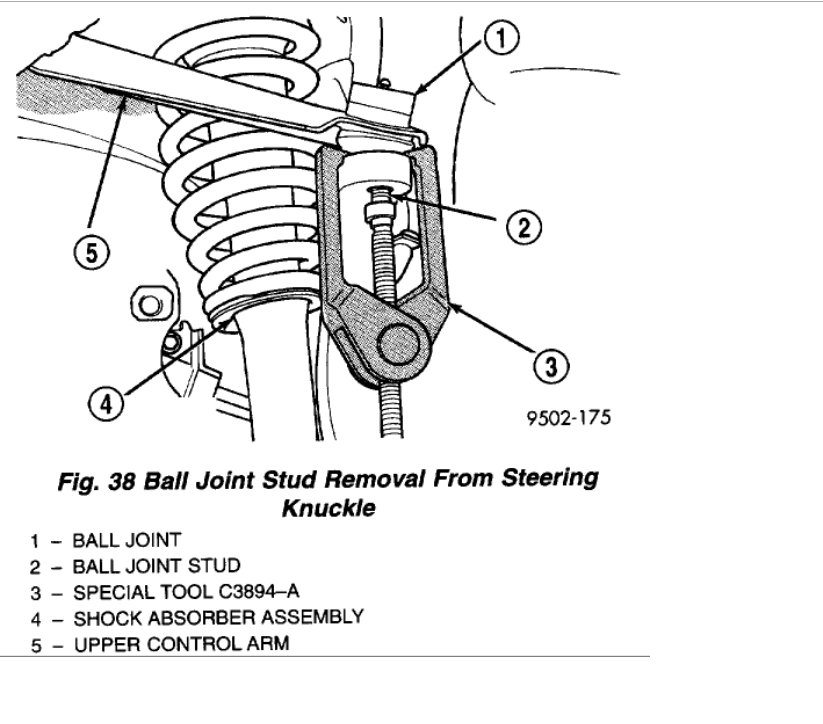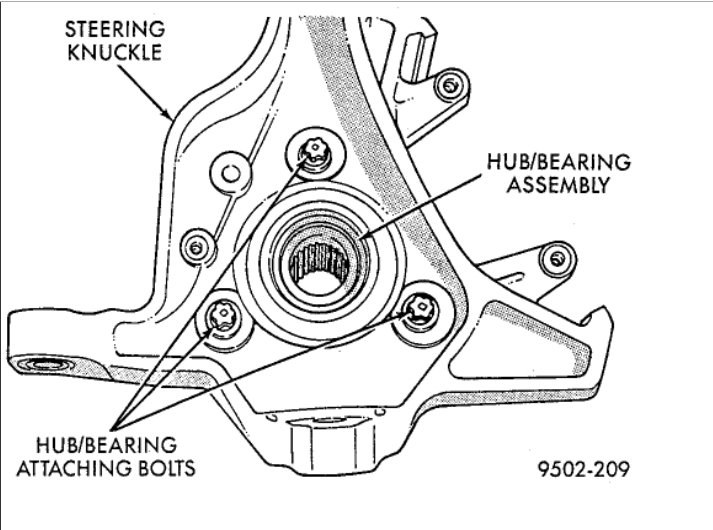Wheel bearings can make a buzzing noise as well like an airplane engine and ninety nine percent of the time there will not be any play in the bearing. In fact, a brand new bearing can instantly become noisy if the proper installation procedures are not followed. They will not have any play either.
The additional clue here is the noise gets louder when turning in either direction which is typical of the flexing of the rotor which is rubbing on the caliper bracket. The older-style wheel bearings would get louder when turning away from the noisy one because more of the car's weight would go onto it, but it would get quieter when turning toward it because there would be less weight on it.
That does not apply to the bolt-on style used here. The noise may or may not change at all when turning and even if it does you cannot be sure which one is noisy. Even going by the location of the sound can be misleading. You need to run the car in gear on a hoist and listen next to each bearing with a stethoscope. One will sound noisy, but the bad one will sound really noisy.
Sunday, May 5th, 2013 AT 9:52 PM
